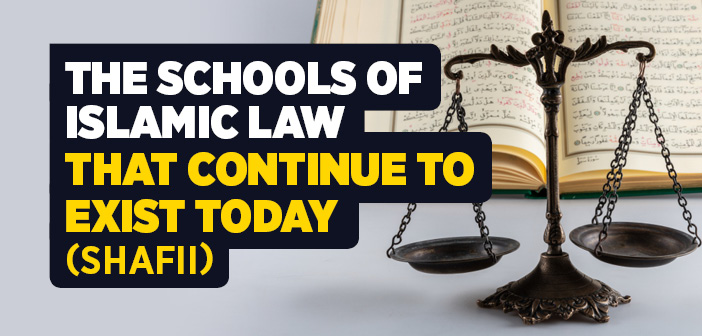What is islamic law?
Madhhab, which literally means a path or a way, terminologically denotes each and every one of the branches of a religion emerged due to differences of opinion.
During the time of the Prophet, when someone faced a hardship, had a question about a religious matter, or did not understand a religious ruling, he would ask and learn it from the Prophet (pbuh). However, after the death of the Prophet (pbuh), the prominent scholars from among the Companions and their Successors solved people’s issues first by consulting the Qur’an and the Sunnah about them as they had learned from the Prophet (pbuh). Later people started to gather and form groups around some scholars such as Abu Hanifa, Imam Malik, Imam Shafi’i and Ahmad b. Hanbal, who had deep Islamic knowledge and fiqh. In time, these groups developed into the schools of Islamic law (madhahib plural of madhhab).
As a result of people’s needs and ignorant people’s attempts to issue judgments without proper training, these imams trained themselves to enlighten their fellow Muslims and strived to deduce rulings in all subjects from the Qur’an and Sunnah in order to respond to people’s needs. In their efforts to issue judgments in religious problems, these imams never claimed to be the founders of a particular school of law. They never obliged people to follow them or spread their message.
The schools of Islamic law that have survived till this day and still have followers are: Hanafi, Shafi’i, Hanbali, Maliki, Jafari and Zaydi Schools. Let us take a look at these madhahib more closely:
Source: Fiqh1 (According To The Shafi’i School Of Islamic Law), Erkam Publications





